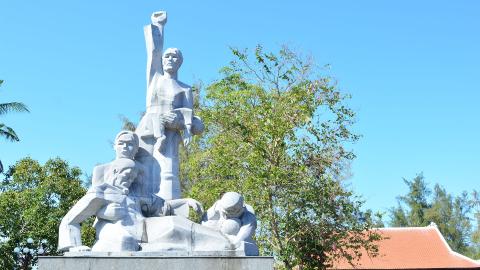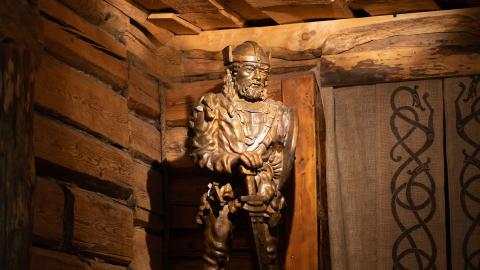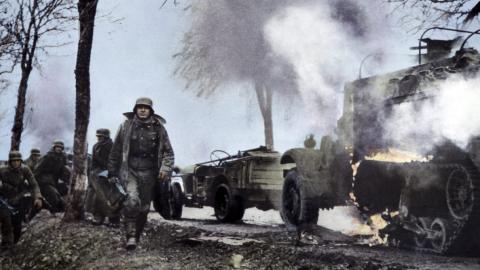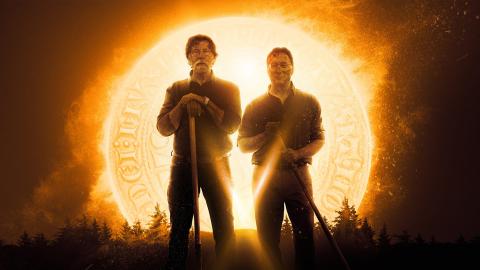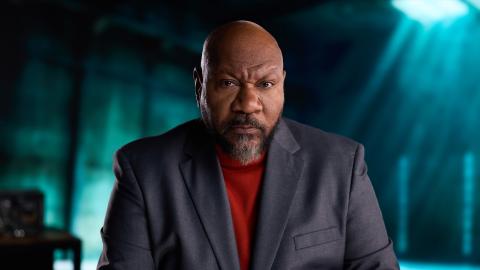This former US military man had ambitions of becoming President
George Armstrong Custer is one of America’s most romantic figures. Famed for his military victories during the American Civil War, Custer’s personality was an unusual combination of brashness, confidence and bravery.
Custer’s career got off to a flying start, becoming one of the youngest Union generals at 23. But, according to Robert Redford’s American West, for Custer this was only the start.
Before his death in 1876 at the Battle of Little Bighorn, the divisive military man had set his sights on the US Presidency. That’s right, the military man heavily criticised in his lifetime as a media personality with little substance wanted to be President Custer. At the time, Ulysses S. Grant’s difficult second term was coming to an end and Custer saw an opportunity to grab the highest position in America.
The President and Custer didn’t see eye-to-eye following Custer’s announcement that there was gold in the Black Hills of Dakota, a decision that disobeyed Grant’s direct orders. The President saw the move as Custer trying to increase his own fame and standing among Americans before running for the White House.
Historian H.W. Brands tells HISTORY, “Grant concluded that Custer thought more about himself and the image that he cast then the mission or the policy he was pursuing.”
Custer had begun to set his sights beyond his military career, even at the expense of the president’s wishes. Before his death, he had been using his celebrity status to meet with influential politicians in Washington forming powerful alliances that would help him achieve his new goal of becoming President.
Brands says, “Custer had a following on his own. Members of Congress would invite him to come speak and he would persuade them. In some ways, he had political clout that Grant and Sherman didn’t. They outranked him but Custer had a following.”
"Now he can position himself as the next commander and chief"
But, Custer was convinced that if he was to secure a Presidential nomination he was still missing one thing, another big military victory. Brands' explains, “Custer was a very ambitious man. He thinks if he goes out West, defeats the Indians… Everyone sees him as a great hero… and now he can position himself as the next commander and chief.”
But this victory was never realised. Custer and his army were comprehensively defeated at Little Big Horn Custer by the Lakota, Northern Cheyenne and Arapaho who were inspired by visions of Sitting Bull and led by several major war leaders including Crazy Horse.
Custer was killed at the Battle of Little Big Horn and while the battle was about far more than Custer’s political ambitions it did ultimately end them.


